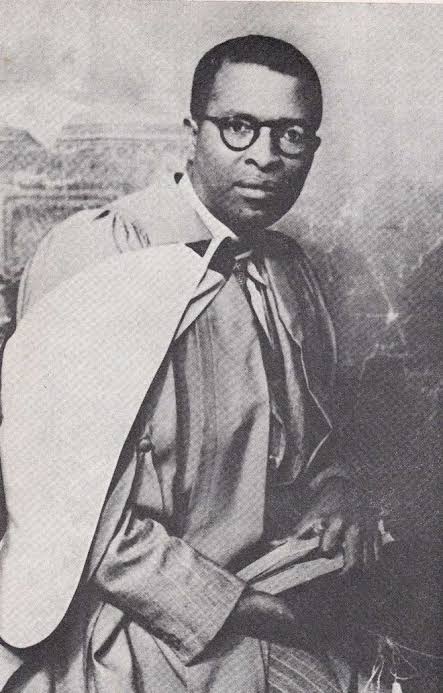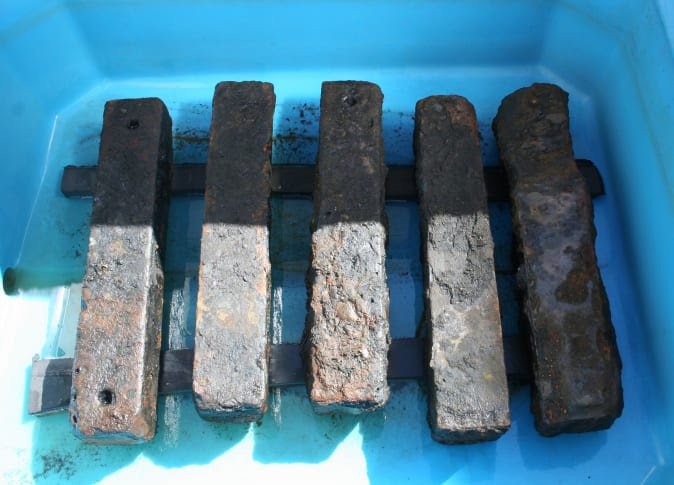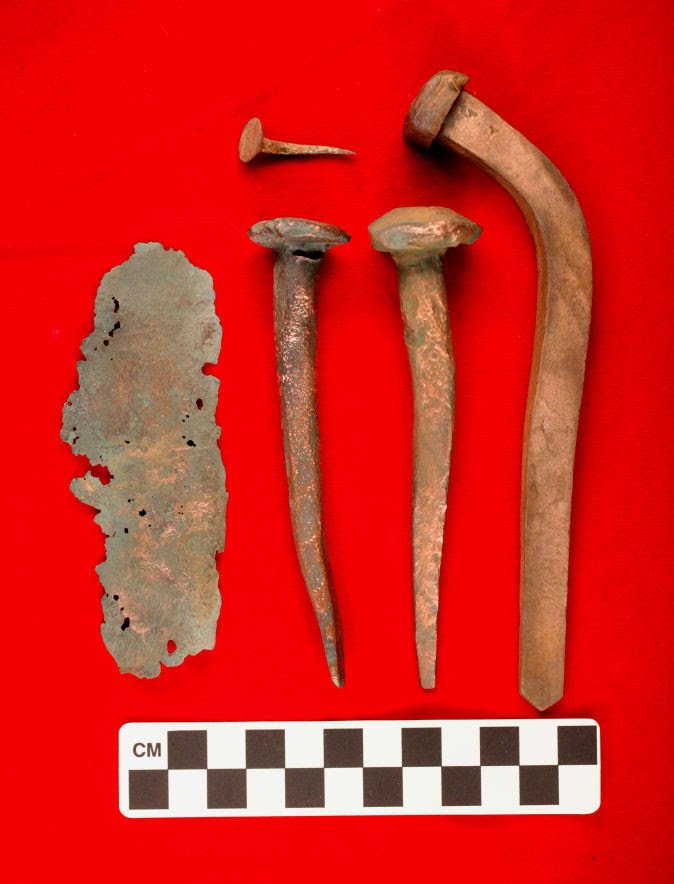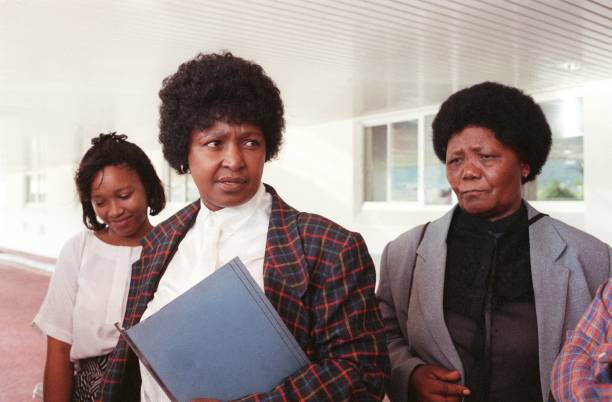
Should we go into the details of these 125 years?
https://twitter.com/SABreweries/status/1346822424831078400
SA is built on the exploitation of labour. That labour has functioned on alcohol unfortunately. Very few people consume liquor purely for enjoyment unfortunately. When SAB opened its doors 1895 workers were paid in alcohol- the dop/tot system. 2 years into SAB's establishment
The Prohibition Act is introduced. This means black people are barred from buying your wines, beer etc. So SAB's products are exclusively for white people. But during this period beer brewing by Black women is the norm. Ayinxilisi ncam ke this type of beer. Apparently it had some
Nutritious elements to it. Now some of the context around drinking culture during this time is migrant labour to the mines, further land dispossession, the Anglo-Boer Wars, Rhodes corruption (our first state capture commission if you will) which leads to his resignation.
This context plays a role in how our cities and small towns are constructed, how they lead to the confinement and surveillance yabantu. Traditional beer brewing is identified as a threat because buy now mining bosses have identified that there's money to be made here.
They start to produce their own, and this forms the payment structure of mineworkers and it becomes one of the reasons beer raids take place. Black women are intimidated into not producing this beverage. But this doesn't do much to deter them in fact it forms part of how they
Resist the colonial state. Bootlegging also plays a role in introducing the hard liquor into the taverns. Government has also established municipal beer halls/gardens to lure workers away from the taverns run by women.
1961 arrives. SAB can finally sell to a larger market as Black people are permitted to buy their products. By this time a solid foundation of state sponsored inebriation has been laid. Most liquor stores are government owned and SAB becomes a key supplier for these stores.
It shouldn't be lost on us that liquor becomes available a year after the state of emergency of 1960. Consider Sharpeville, Langa, Pondo land. The country was shaking because of the ways Black folk were intensifying resistance against apartheid. Liquor is a nice pacifier.
Women's resistance and their taking the lead in boycotting beer halls was massive because income from brewing was a source of independence and some mothers could send their children to school. Beer halls were a way of stripping this independence and pushing women out of the city.
People are spot on when mentioning the vineyards in the Cape. This is where alcohol dependency was born and nurtured. After slavery ended how do you think contract workers were paid? This is part of the foundation that was laid, that made a company like SAB "triumph".
Now of course there are people who enjoy a chilled beverage after a long day or all day. And its purely that: enjoyment. But it's really scary and heart breaking how few and very far between those people are.
You're caged in, in the land of your birth what do you think the effects of that are going to do?
I suppose the challenges we can point out come some time in 1976. The youth are tired of the alcohol induced tomfoolery. They gun for beer halls and liquor stores destroying and even burning these strictures. That must've hurt the (by then) 81 year old brand.
Now we can never not emphasize the importance of empathy here. I hate how we pathologize alcohol dependence when there is so much scholarship on this painful phenomenon, and very few people actually enjoy drinks.
It's also very disturbing that whoever wrote and whoever gave the go ahead on this statement is aloof to the context that has allowed the company to thrive. They should have just petitioned the court quietly.
At the end of the day this company is an employer. There is some livelihood at stake for a number of people. But if your history spans more than 30 years here, you need pause and think long and hard before boasting like this. Tyhini thiza.
• • •
Missing some Tweet in this thread? You can try to
force a refresh









